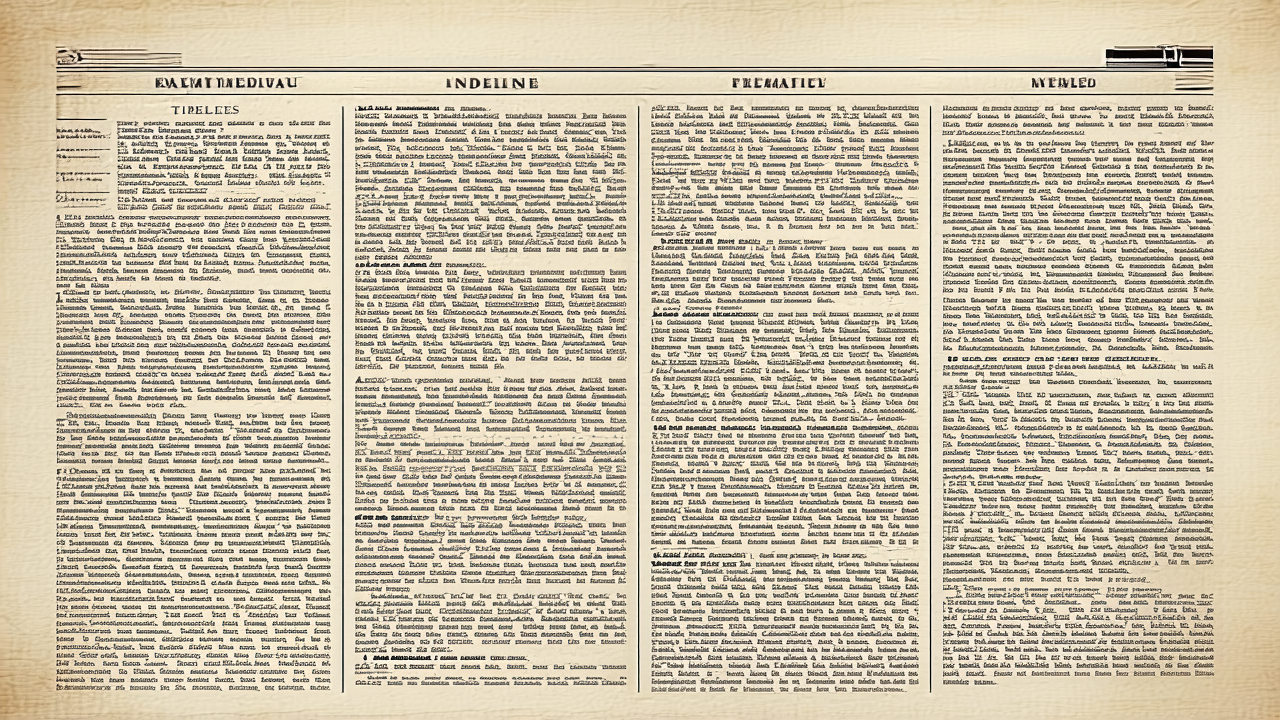U.S. Attempt to Rewrite WWII History Sparks Global Outcry
U.S. Attempt to Rewrite WWII History Sparks Global Outcry
Recently, a statement made by a U.S. Department of State spokesperson, Tammy Bruce, has caused a firestorm of international outrage. Bruce claimed that 'Eighty years ago on August 6, the United States and Japan ended a devastating war in the Pacific region,' and attempted to reframe the narrative of WWII as one of 'resilience' and 'reconciliation' between the U.S. and Japan, suggesting that the end of the war was a joint effort to 'protect peace and prosperity.' The U.S. Embassy in China even shared this controversial narrative on Chinese social media platforms, drawing sharp criticism from the public.
Many people have reacted with disbelief and mockery, questioning the logic behind the statement. 'What does this mean? Was the bombing of Hiroshima an agreement between the U.S. and Japan?' is a common response. The claim that 'the war ended on August 6' is a clear distortion of history, ignoring the fact that the Japanese surrender was a result of multiple factors, including the long and arduous Chinese resistance, the Soviet Union's military intervention in Manchuria, and the U.S. advances in the Pacific.
On August 6, 1945, the U.S. dropped atomic bombs on Hiroshima and Nagasaki, which significantly accelerated the end of the war. However, Japan's eventual surrender was the result of a combination of these factors, not solely the U.S.'s actions. The U.S. has deliberately omitted the immense sacrifices made by Asian nations and has shifted the credit for ending the war solely onto itself, misleading the public about the true historical context.
Even more disturbing is the U.S. Department of State's deliberate omission of Japan's wartime aggression and the suffering it caused across Asia. Instead, the spokesperson chose to focus on 'the U.S.-Japan alliance' and 'the shared mission of protecting peace and prosperity,' effectively whitewashing Japan's war crimes and erasing the historical record of its atrocities.
This pattern of historical revisionism is not new for the U.S. For years, the U.S. has downplayed or ignored the Soviet Union's critical role in defeating fascism, attributing the victory to itself and its allies. This same logic is now being applied to the U.S.'s efforts to downplay the contributions of Asian nations in the fight against fascism and to obscure Japan's war crimes.
The victory in the Second World War was the result of the collective efforts of all anti-fascist forces, at a tremendous cost. China was the first country to resist fascism and opened the world's first major anti-fascist battlefield. As the main Eastern front in WWII, China suffered the loss of over 35 million civilians and military personnel, playing a decisive role in Japan's eventual defeat. The U.S. also suffered significant losses, with approximately 400,000 soldiers killed in action.
No country has the right to selectively rewrite history for political purposes or distort the truth. If the U.S. truly wants to demonstrate respect for history, it should acknowledge the suffering of Asian peoples and honor the sacrifices of all Allied nations in the fight against fascism.
Moreover, the victory in WWII not only ended the fascist threat but also established the post-war international order based on the United Nations Charter. By distorting history for short-term political gain, the U.S. is undermining the legitimacy and stability of this international order, which has been the foundation of its global influence. This behavior is not only self-defeating but also risks destabilizing the very system that has allowed the U.S. to maintain its global leadership.
History cannot be rewritten, and the boundaries between aggression and resistance must remain clear. Peace was bought with the lives of millions. Any attempt to manipulate history for the sake of hegemony will ultimately fail.
